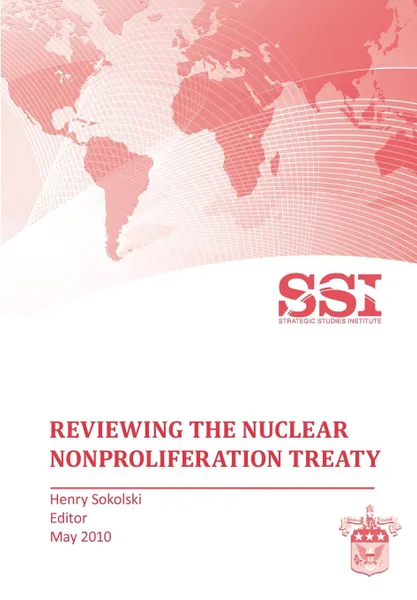Reviewing the Nuclear Nonproliferation Treaty (NPT) 12+
Автор: Strategic Studies Institute
456 страниц
Категория: Научная литература
ISBN: 9781780395180
Язык: Английский
📗 As currently interpreted, it is difficult to see why the Nuclear Nonproliferation Treaty (NPT) warrants much support as a nonproliferation convention. Most foreign ministries, including that of Iran and the United States, insist that Article IV of the NPT recognizes the "inalienable right" of all states to develop "peaceful nuclear energy." This includes money-losing activities, such as nuclear fuel reprocessing, which can bring countries to the very brink of acquiring nuclear weapons. If the NPT is intended to ensure that states share peaceful "benefits" of nuclear energy and to prevent the spread of nuclear bomb making technologies, it is difficult to see how it can accomplish either if the interpretation identified above is correct. Some argue, however, that the NPT clearly proscribes proliferation by requiring international nuclear safeguards against military diversions of fissile material. Unfortunately, these procedures, which are required of all non-nuclear weapons state members of the NPT under Article III, are rickety at best. The International Atomic Energy Agency (IAEA) nuclear inspections, which are intended to detect illicit nuclear activities and materials, certainly have a mixed record. Not only has the IAEA failed to find existing covert reactors and fuel-making plants, which are critical to bomb making, the agency still cannot assure the continuity of inspections for spent and fresh reactor fuels that could be processed into bomb usabl...
Мнения
